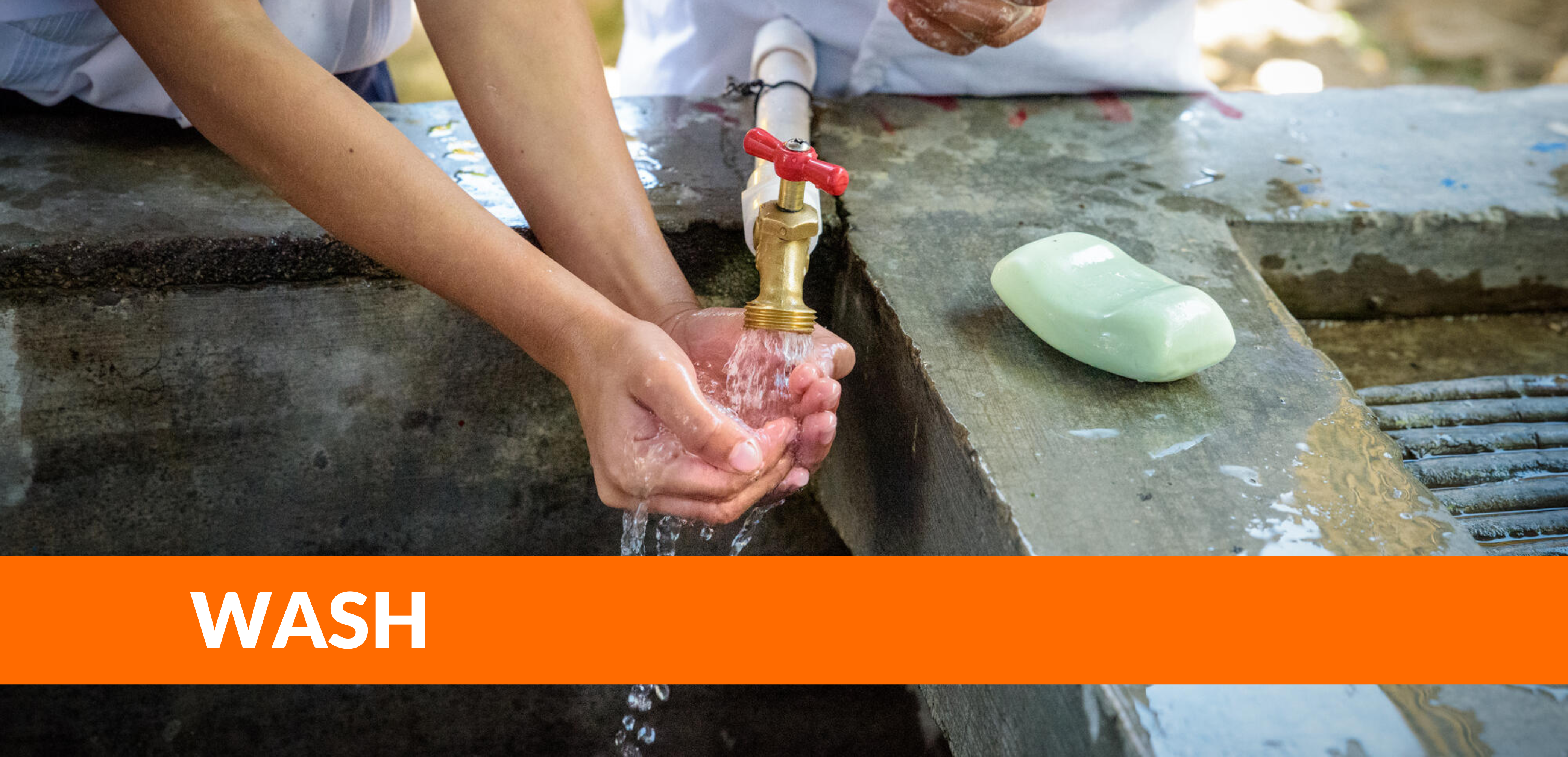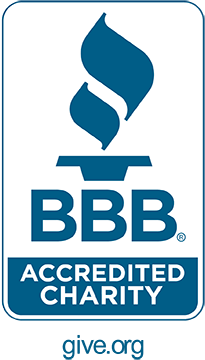Abstract: This article evaluates a pilot intervention of Sesame Workshop’s “Cleaner, Happier, Healthier” media program promoting water, sanitation, and hygiene (WASH) knowledge, attitudes, and behaviors among vulnerable children and their families in impoverished areas of Bangladesh (n = 240) and India (n = 258). Raya, a new Muppet® was developed and introduced, advocating for healthier WASH behaviors. As part of the intervention, two approaches to health messaging were developed framing WASH as a personal behavior (the “me” intervention) or a social endeavor (the “we” intervention). In each country a three-armed approach employed groups focused on the “me” and “we” interventions and a comparison group. Both the “me” and “we” groups improved in WASH measures over the comparison group; however, there were limited differences between the “me” and “we” groups. Target behaviors, such as using the latrine, wearing shoes, and handwashing, improved when examining change before and after the intervention, and the intervention was predictive of positive knowledge, attitude, and behavior change. Results of this work are limited due to lack of a randomized control trial but suggest that participants who received the “Cleaner, Healthier, Happier” interventions will be more prone to engage in healthier hygiene behaviors.
Article from:
Front. Commun., 11 December 2017





